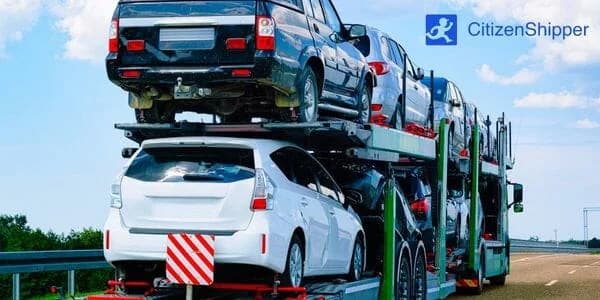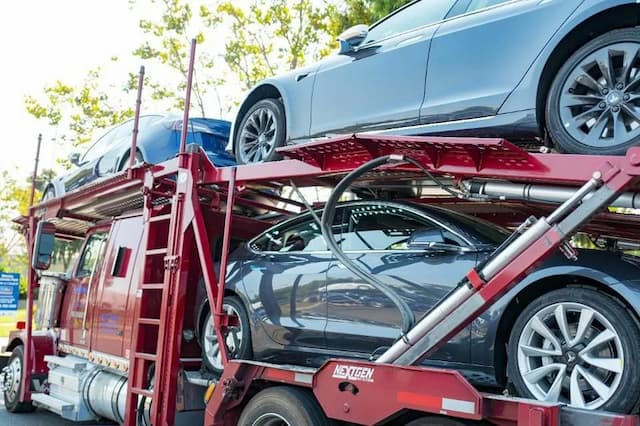Navigating Car Transport in Vancouver, WA
When it comes to shipping your car in Washington, there's a world of factors to consider. Washington, with its unique geographic challenges, seasonal weather patterns, and varied terrain, presents a distinct set of circumstances. But don't worry! Here at CitizenShipper, we are committed to helping you navigate through it all. Whether you're moving into or out of Vancouver or need to transport your car for any reason, our expert team is here to help.
Washington's Vehicle Transportation Laws & Regulations
In Washington, car transportation laws and regulations are in place to ensure the safety and preservation of all vehicles and public roadways. Auto transporters must adhere to the Federal Motor Carrier Safety Administration (FMCSA) regulations for safety. Compliance involves ensuring that all vehicles are properly secured during transport and maintaining necessary documents for every shipped vehicle.
All auto transporters operating in Washington must also possess an active MC Docket number, issued by the FMCSA. This number signifies that a transportation company is registered under the federal government, allowing them to legally operate across state lines. Additionally, Washington requires carriers to maintain specific insurance coverage levels to protect your vehicle during transport.
Weather & Terrain Considerations in Vancouver, WA
Weather patterns in Vancouver, WA have a significant impact on car shipping. Located in the Pacific Northwest, Vancouver experiences mild, wet winters and warm, dry summers. Rain is common during fall, winter, and spring months, which can affect road conditions and potentially cause shipping delays. Snow and ice can occasionally impact the region during winter months, particularly in elevated areas.
Vancouver's position along the Columbia River and its proximity to both the Cascade Mountains and the Pacific Ocean creates a diverse landscape. While the city itself is relatively flat, shipping routes may involve mountain passes when traveling east or coastal highways when moving north or south. These geographical variations require experienced car shipping services familiar with navigating the region's terrain, especially during adverse weather conditions. It's advisable to plan ahead and allow for flexible delivery windows, particularly during the wetter months of November through March.








